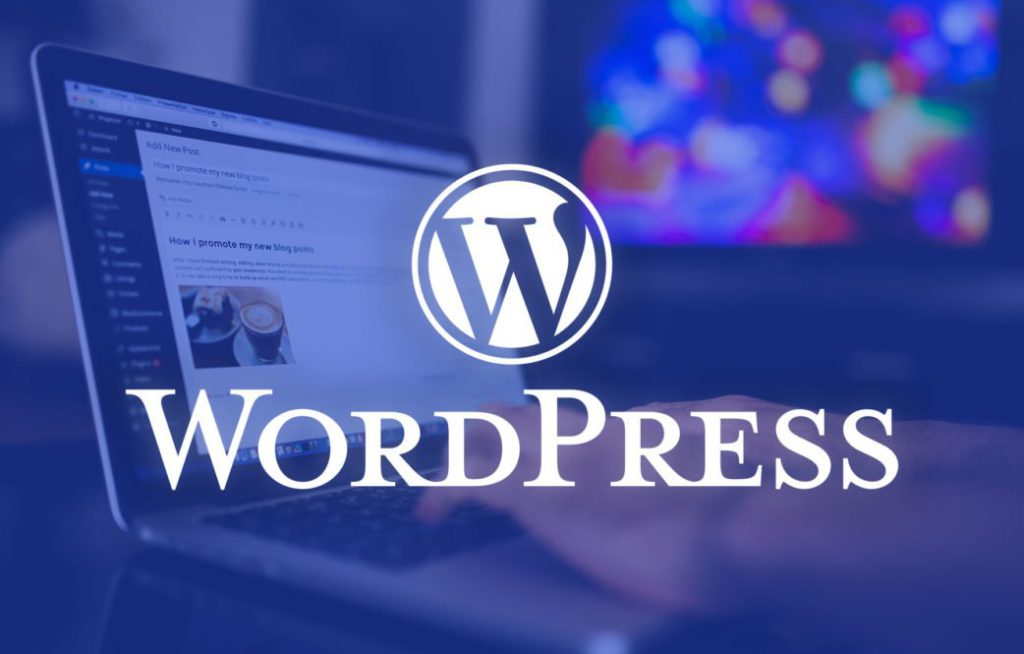Ensuring that your WordPress website is fast and efficient is crucial for enhancing user experience and achieving better rankings in search engines. To improve site performance and speed, you can follow the following tips:
Table of Contents
1. Use a Lightweight Theme
Choose a lightweight and minimalist theme for your website’s foundation. Complex and heavy themes can slow down your site. A simple and optimized theme provides faster site performance.
2. Reduce Plugins and Choose Lightweight Ones
Using too many plugins can slow down your site. Remove unnecessary plugins and select only the ones you need. Additionally, opt for lightweight and optimized plugins.
3. Optimize Images
Reduce page loading times by optimizing the size of images on your website. Compress images and minimize file sizes by removing unnecessary meta data. Also, use appropriate file formats (JPEG, PNG, WebP) for images.
4. Utilize Caching
Caching is an effective method for improving site speed. There are many caching plugins available for WordPress. These plugins cache static content of your site, reducing page loading times.
5. Use a Content Delivery Network (CDN)
A Content Delivery Network (CDN) distributes your site’s content to servers in different geographical locations, improving page loading times. By using a CDN service, you provide faster responses to your visitors, enhancing site performance.

6. Combine and Minify CSS and JavaScript Files
Combine and minify CSS and JavaScript files to reduce page loading times. This allows browsers to load faster and improves your site’s performance.
7. Clean Up Unnecessary Code
Themes, plugins, and custom code often contain unnecessary and repetitive code. By cleaning up and optimizing this code, you can reduce page loading times and improve site performance.
8. Conduct Speed Tests and Monitor Improvements
Regularly test your website’s speed and make improvements accordingly. Use tools like Google PageSpeed Insights, GTmetrix, and Pingdom to analyze your site’s performance and receive recommendations for faster loading times.
9. Keep Everything Updated
Regularly update the WordPress core, themes, and plugins. Updates often include performance improvements and bug fixes, so keep your site up to date.
10. Choose Quality Hosting
Selecting a quality hosting service can increase your site’s speed and performance. Work with a reliable hosting provider to ensure your site operates at high speed and without interruptions.
By following the above tips, you can improve the performance and speed of your WordPress website. A fast and efficient website enhances user experience and helps achieve better rankings in search engines.
Share this article


